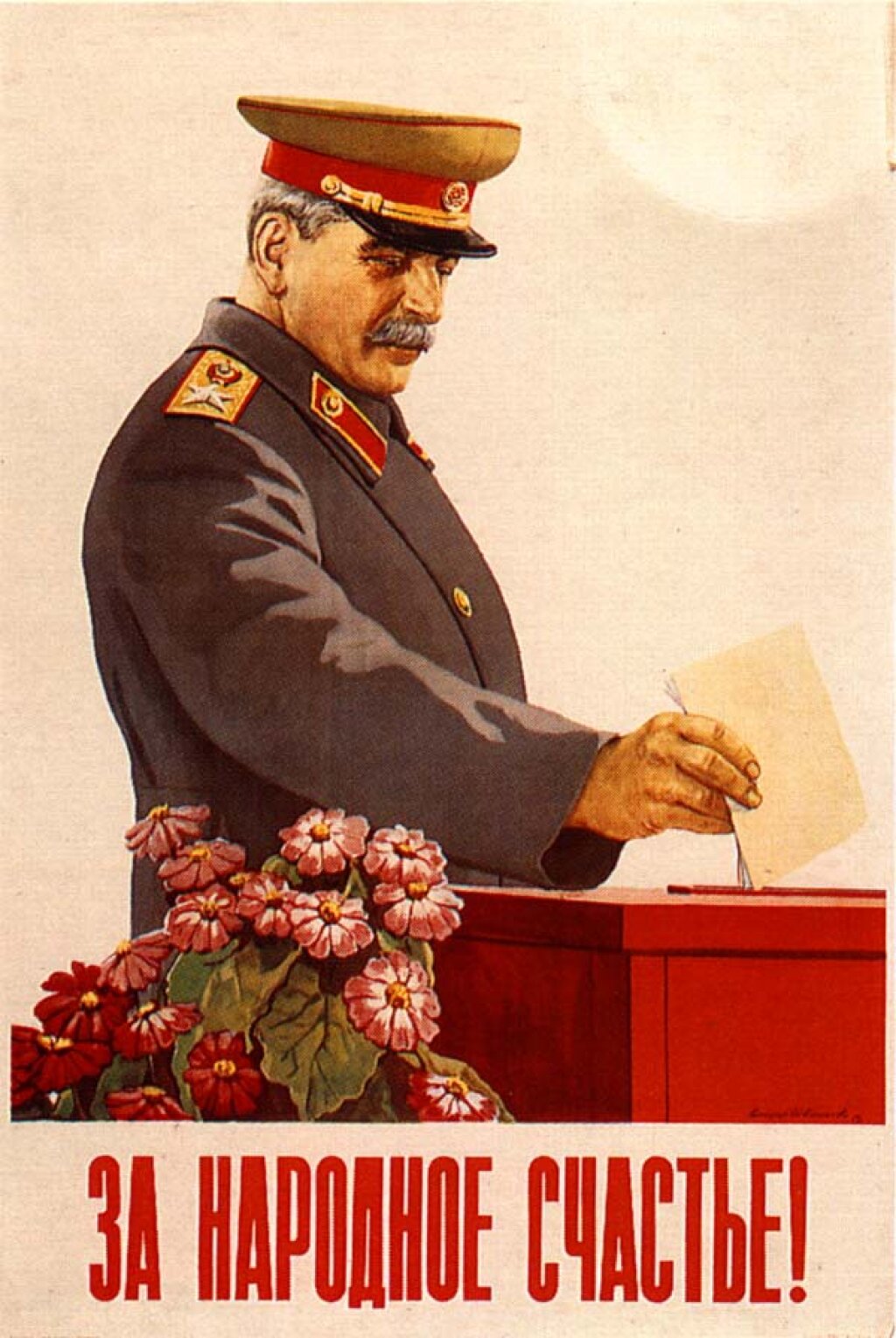The Jordan Center's Colloquium Series serves to introduce the most recent work of scholars within the Slavic field. Participants come from universities across the country and abroad and work in disciplines ranging from history, political science and anthropology to literature and film.
In the first session of the Fall 2014 Colloquium Series, Arturas Rozenas will join us from NYU's Department of Politics. Rozenas will speak on "Managing Dissent Through Noncompetitive Elections: Theory and Evidence from the Soviet Single-Party Elections".
Why do governments hold noncompetitive elections, where the opposition does not have even a theoretical chance to win? Rozenas argues that even if elections are uncompetitive they can provide informative signals to the citizens and the rulers about the distribution of support for the incumbent government. High turnout and overwhelming support for the government incentivizes citizens to abstain from open dissent against the government due to expectation that such dissent will meet weak following in the wider population. Furthermore, the electoral mechanism incentivizes civil servants to behave in a more accountable fashion vis-a-vis the citizens in order to secure greater electoral support in their respective localities. To test the argument, Rozenas uses an original dataset on arrests of political dissenters in the Soviet Union. Although elections were often perceived by citizens to be a charade, the state was taking them extremely seriously. Rozenas will demonstrate that statistically the dynamics of political dissent were systematically related to timing of elections. Consistent with the proposed argument, the level of dissent was decreasing immediately before and after the elections to the Supreme Soviets. Even though the process of elections was a charade in comparison to the democratic benchmark, the outcome of the process appears to have had important political consequences.

